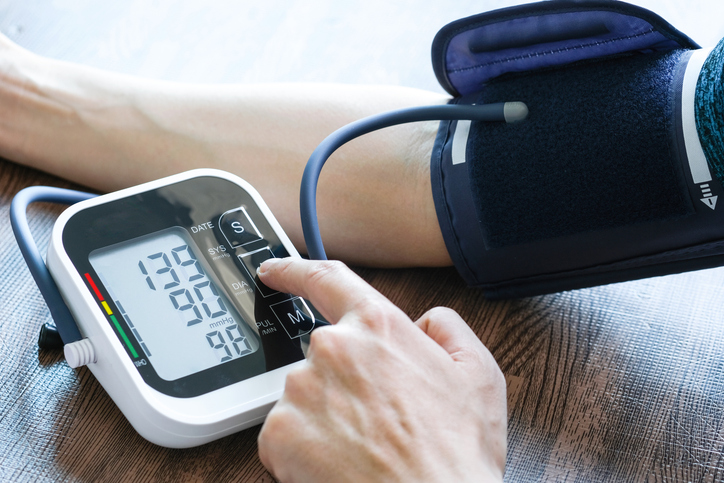2024-04-19
Fever as a predictor of invasive infections in newborns
Pediatrics
Source(s) :
Roberto Velasco et al. Performance of Febrile Infant Algorithms by Duration of Fever. Pediatrics. 2024 Apr 2:e2023064342 ;

Last press reviews
Arterial hypertension: radar blood pressure monitors for greater accuracy

By Elodie Vaz | Published on February 20, 2026 | 3 min read<br>
Safe Sex 2.0: which digital tools actually work?

By Ana Espino | Published on February 20, 2026 | 3 min read<br><br>
Stem cell transplantation: ai to predict severe complications

By Elodie Vaz | Published on February 18, 2026 | 3 min read<br>